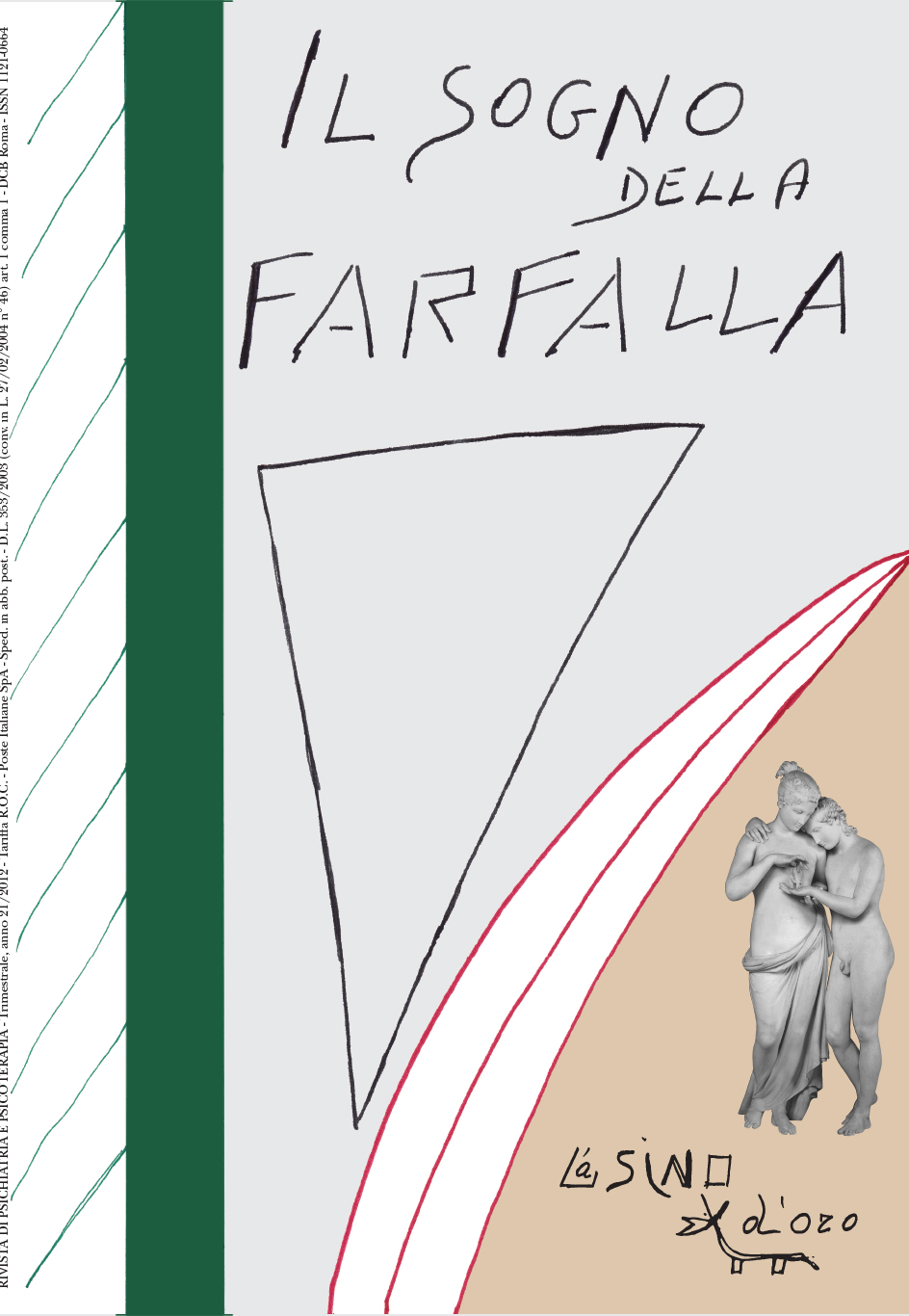Il terrorismo e i diritti umani
Abstract
In the last few years, debate around terrorism has played a central role. Is terrorism only a form of political extremism or can it be interpreted according to psychopathological categories? Psychiatry, as highlighted by Breivik case, has not been able to give a clear answer. Current psychiatric taxonomy has been challenged by such phenomena as terrorism, which require a psychopathology that might comprehend complex dynamics of groups (more than those relating to individuals). Such episodes as San Bernardino shooting (California) suggest that shared delusions may lie behind pseudo-terrorist motivations. Most terrorists belong to the same family, for example Kouachi brothers, Charlie Hebdo killers. A thorough analysis of these cases suggests that terrorist groups overtly use mentally weak subjects, who are at risk of a psychotic outbreak or already have a full-blown disease, to carry out violent actions by levering religious fanaticism to recruit them. Western conception of human nature, which stems from the Enlightenment, seems to have failed to understand this phenomenon. Can we think of a new anthropology that may allow us to go beyond ethnic, religious and cultural identities?


